Struggling with skin that always seems to look shiny and feel greasy? There’s no denying that oily skin can be frustrating to deal with, especially when following the wrong advice can leave you with a face full of breakouts.
The good news? Lionesse can help! If you want to finally de-grease your complexion and counter that never-ending oily feeling, this is what you need to do:
Start by Reassessing Your Cleansers
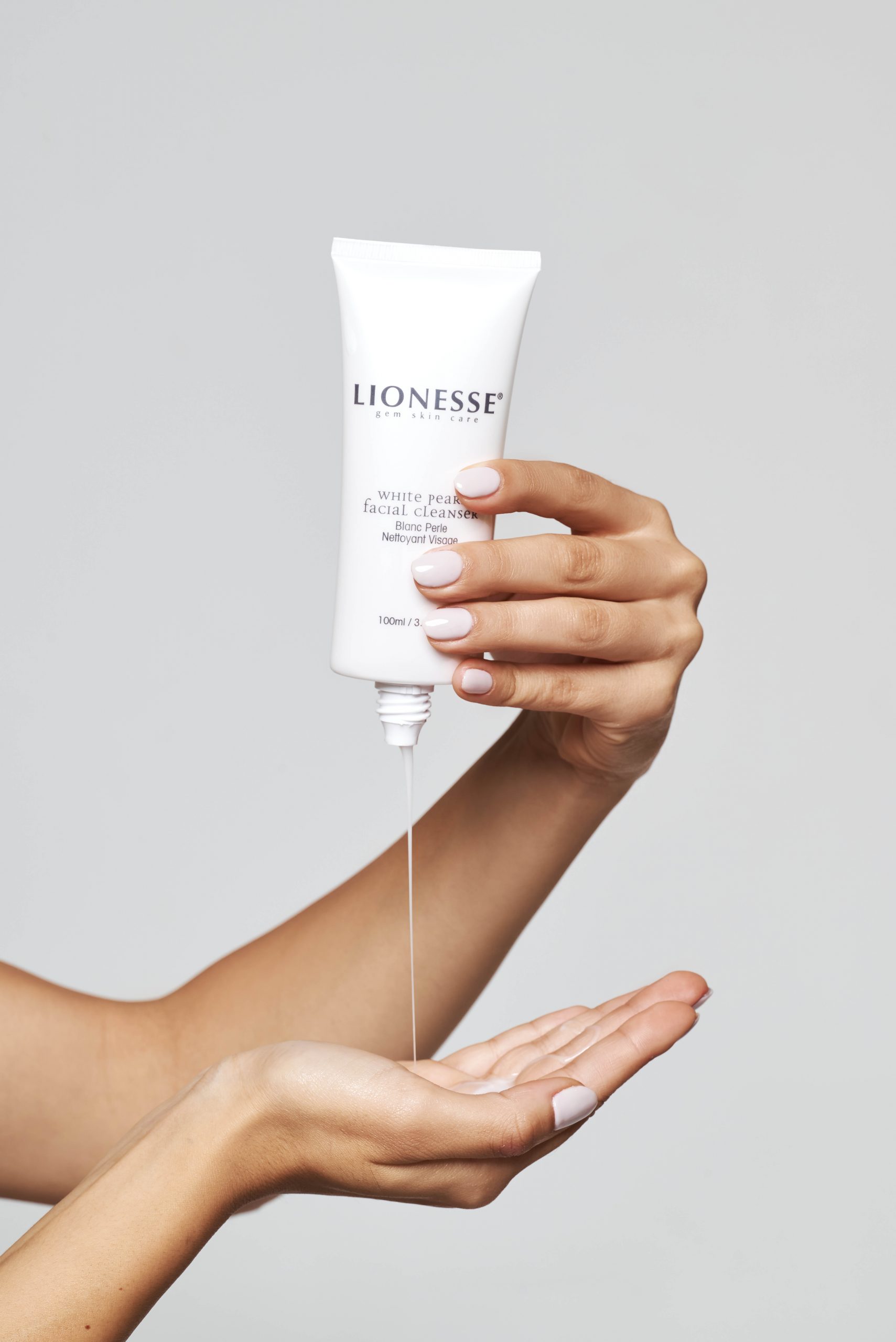
Cleansing is one of the most important things that you can do for oily skin. Cleansing once in the morning and then again in the evening should help to clear away the majority of oil on your skin’s surface, preventing the appearance of clogged pores and breakouts.
With that said, using the wrong cleanser could make your skin even oilier. Whether this is because it isn’t cleansing enough or because it’s over-cleansing your skin, it’s essential that you make the right choice when picking cleansers.
Our recommendation? Invest in two cleansers. The first should be a more powerful, oil-based cleanser that you can use on a daily basis. Although applying oil to oily skin may seem counterintuitive, don’t forget that oil attracts oil. Therefore, an oil-based cleanser is often a great way to tackle excess oil on the skin.
Then, find yourself a gentle water-based cleanser, like the Lionesse White Pearl Facial Cleanser. This can be used on the days when your skin doesn’t feel quite so greasy. Likewise, when your skin is feeling even oilier than usual, you could also use it in addition to your oil-based cleanser to give your skin a thorough double cleanse.
Town Down the Exfoliation
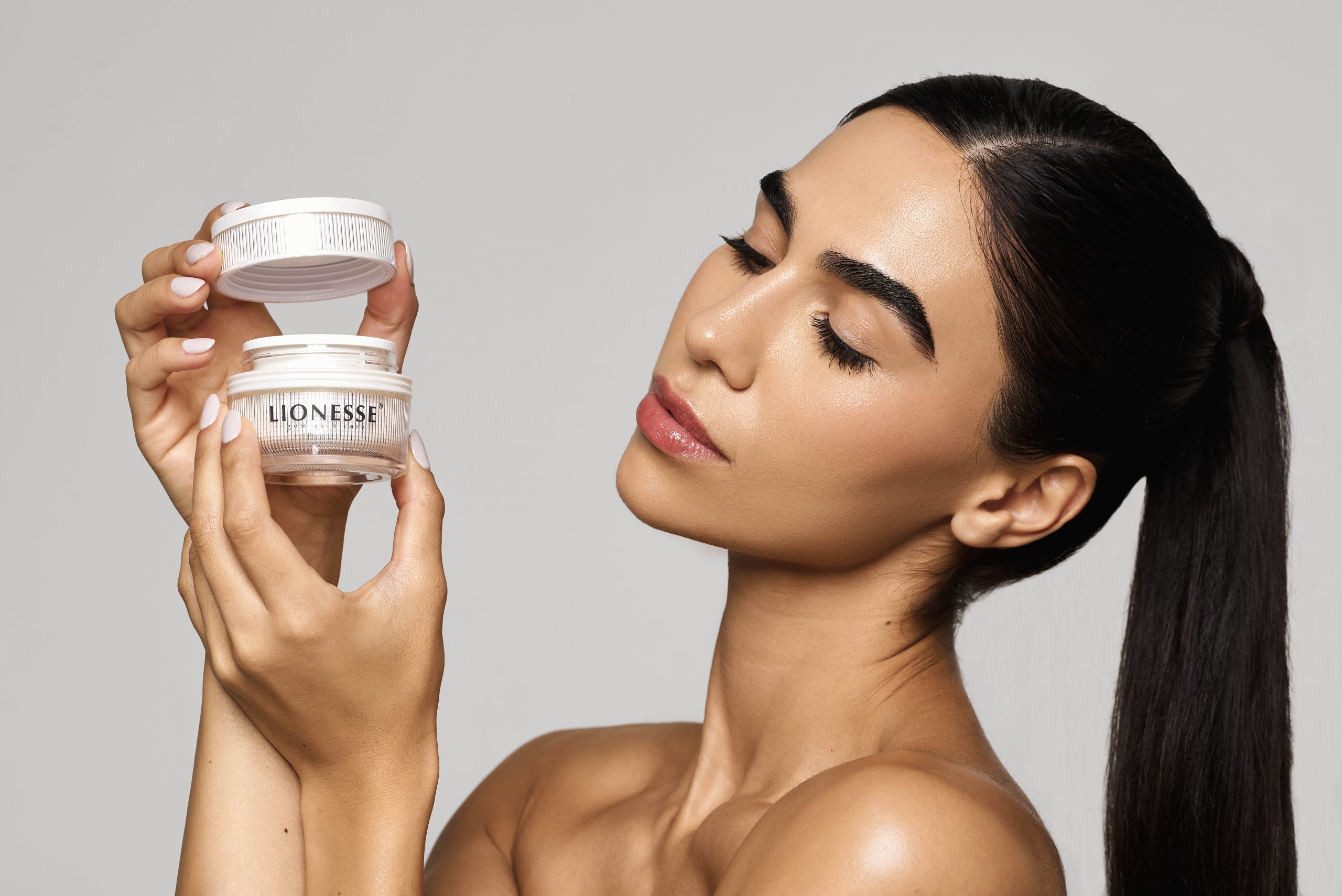
Just like cleansing, exfoliation can be a game-changer for oily skin. While cleansing removes oil from the skin’s surface, exfoliators clear away oil that has started to delve deeper. When you have oily skin and you’re prone to clogged pores, regular exfoliation can make a huge difference, so much so that people start wanting to do it all the time!
The problem with this is that over-exfoliation soon occurs. This is when your exfoliation habits end up damaging your skin’s natural protective barrier. It can happen from either exfoliating too often or using an overly harsh exfoliator.
Once again, just like when choosing a cleanser, it’s important to get the balance right when it comes to exfoliation. Don’t exfoliate daily, no matter how tempting this may be. Instead, avoid exfoliating more often than three times a week. Exfoliators containing salicylic acid tend to be best for oily skin but, if you’re adamant about exfoliating more often, alternate this with a gentler exfoliator, like the Lionesse White Pearl Facial Peeling.
Tackle Excess Grease With Clay
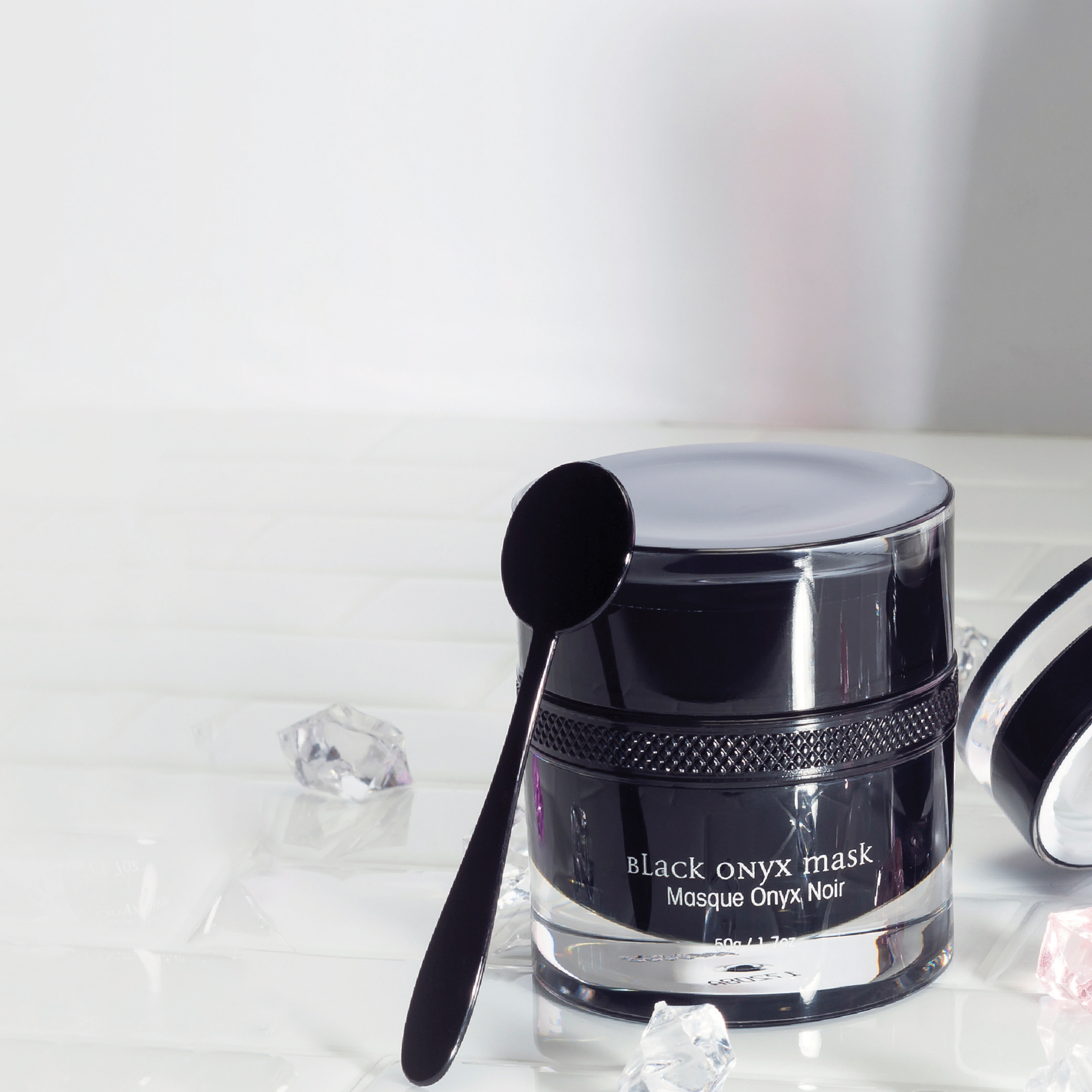
So, if you follow our advice on cutting back on exfoliation, what are you meant to do when you can feel that excess oil is starting to build up in your pores?
One way to tackle this without adding to your weekly exfoliation count is with a clay face mask. Clay is loved for how it binds to excess oil. Apply clay to your face and it will draw this oil to it, meaning that washing the clay away then removes that oil too.
If you don’t yet have a go-to clay mask, finding one is a must. Lionesse fans will vouch for the Black Onyx Mask – an exquisite mask that features kaolin clay and a boatload of antioxidants. The best part about this mask is its thermal properties. It heats up when it’s applied to the skin, with the purpose of this being to make the pores feel more elastic. This then allows the clay to draw away even more oil!
Hydrate, Hydrate, and Hydrate Some More
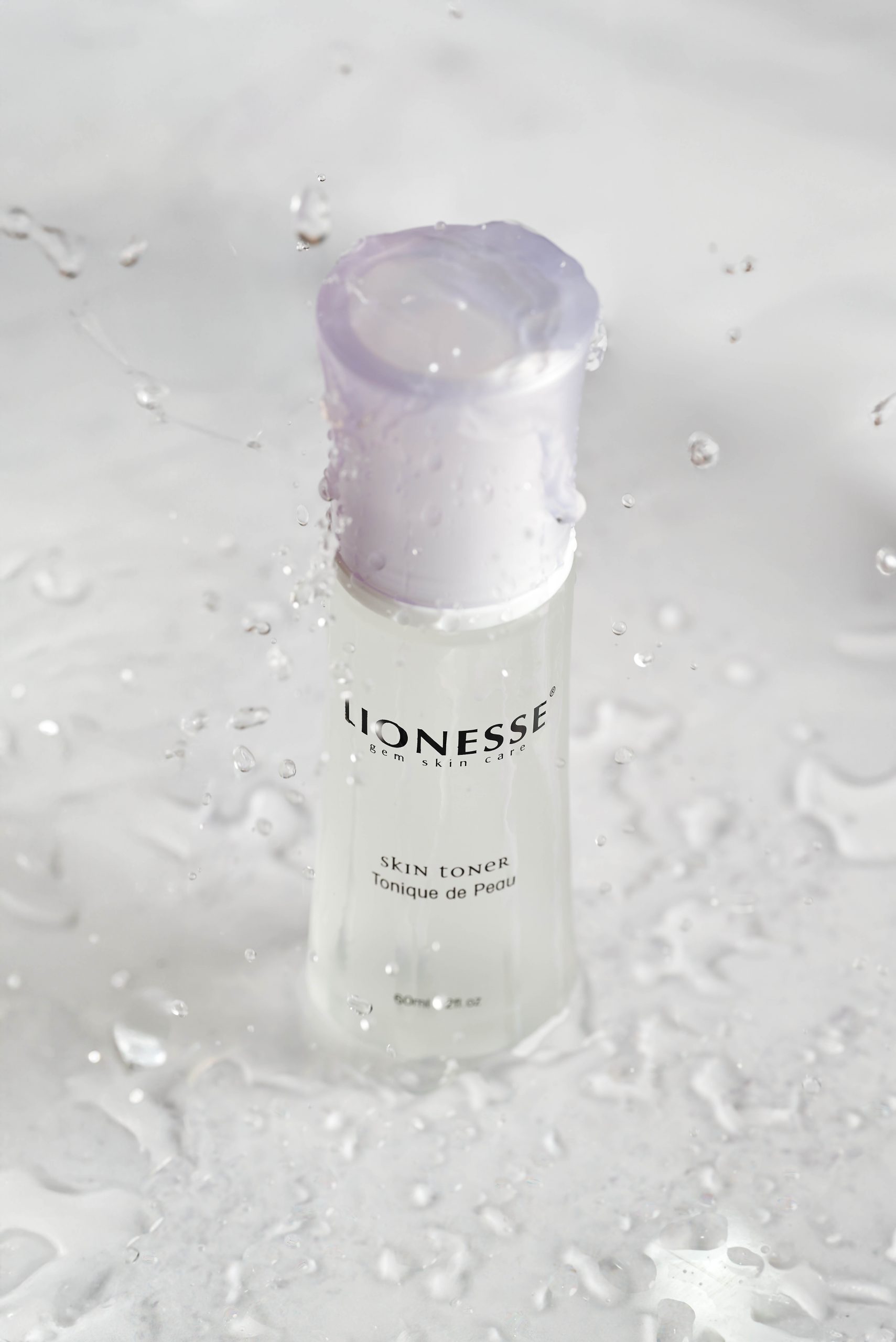
When you have oily skin, it can often be tempting to pile on the active ingredients and targeted treatments in the hopes that at least one of those products will help your skin. However, sometimes, oiliness is down to simple causes that those potent products won’t have an effect on.
Dehydration, for example, is a big cause of oily skin. When your skin is lacking in moisture, it responds by ramping up oil production in an attempt to prevent its minimal moisture reserves from evaporating away quite so quickly. Therefore, turning things around can be as easy as giving your skin some extra hydration.
How? The best way to do this is by layering two or three hydrating products on your skin. We’d recommend starting with the Lionesse White Pearl Skin Toner – a super-quenching blend. The inclusion of witch hazel extract will also enable it to shrink the look of your pores.
Hydrating serums, like the Opal Sheer Collagen Serum, can be good too, while a hydrating face cream is another essential. The Lionesse Diamond Neck & Face Lift Cream brings moisture to the skin without weighing it down or leaving it feeling greasier. It will also help to give your skin a smoother and firmer finish!
Add Green Tea to Your Skincare Routine
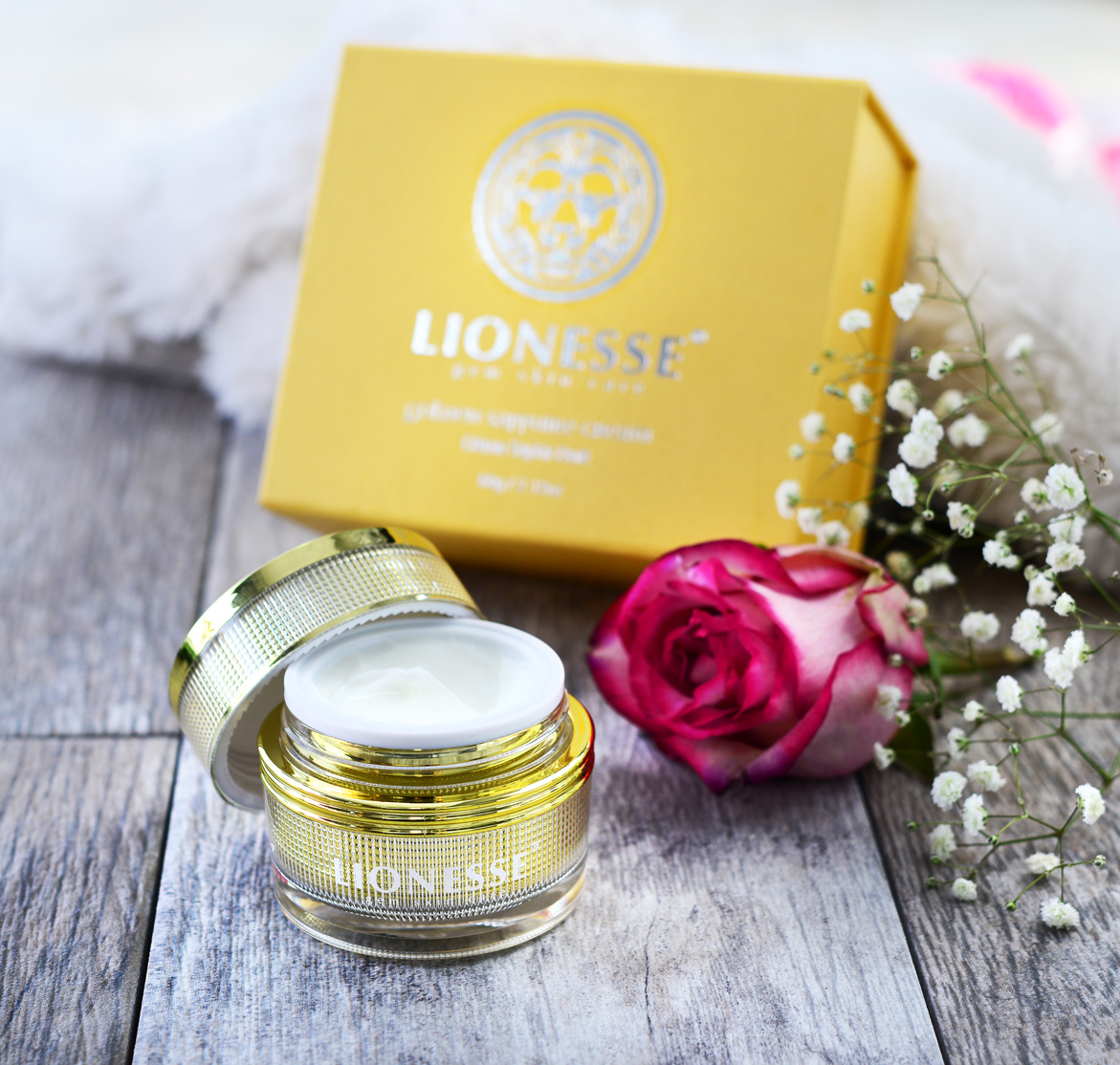
There are a number of ingredients out there that can help with oily skin. Salicylic acid, glycolic acid, witch hazel extract…these ingredients are widely recommended. However, green tea extract is one that isn’t mentioned quite as often, yet it can have a transformational effect on an oily complexion.
Green tea contains certain polyphenols that aren’t easily found in other plants. These rare compounds have been found to reduce how oily the skin feels. Add to this the fact that green tea can also help with the appearance of everything from inflammation to wrinkles, and it would be a shame to exclude this botanical from your skincare routine!
If green tea isn’t currently featured in your skincare routine, add it in with the Lionesse Golden Sapphire Cream. This moisturizer combines green tea extract with several other worthy ingredients, including peptides, aloe vera, and licorice root extract. The latter is particularly helpful if your oily skin is prone to acne breakouts as it will lighten the look of any acne marks you develop.
Vitamin A Can Be Useful Too
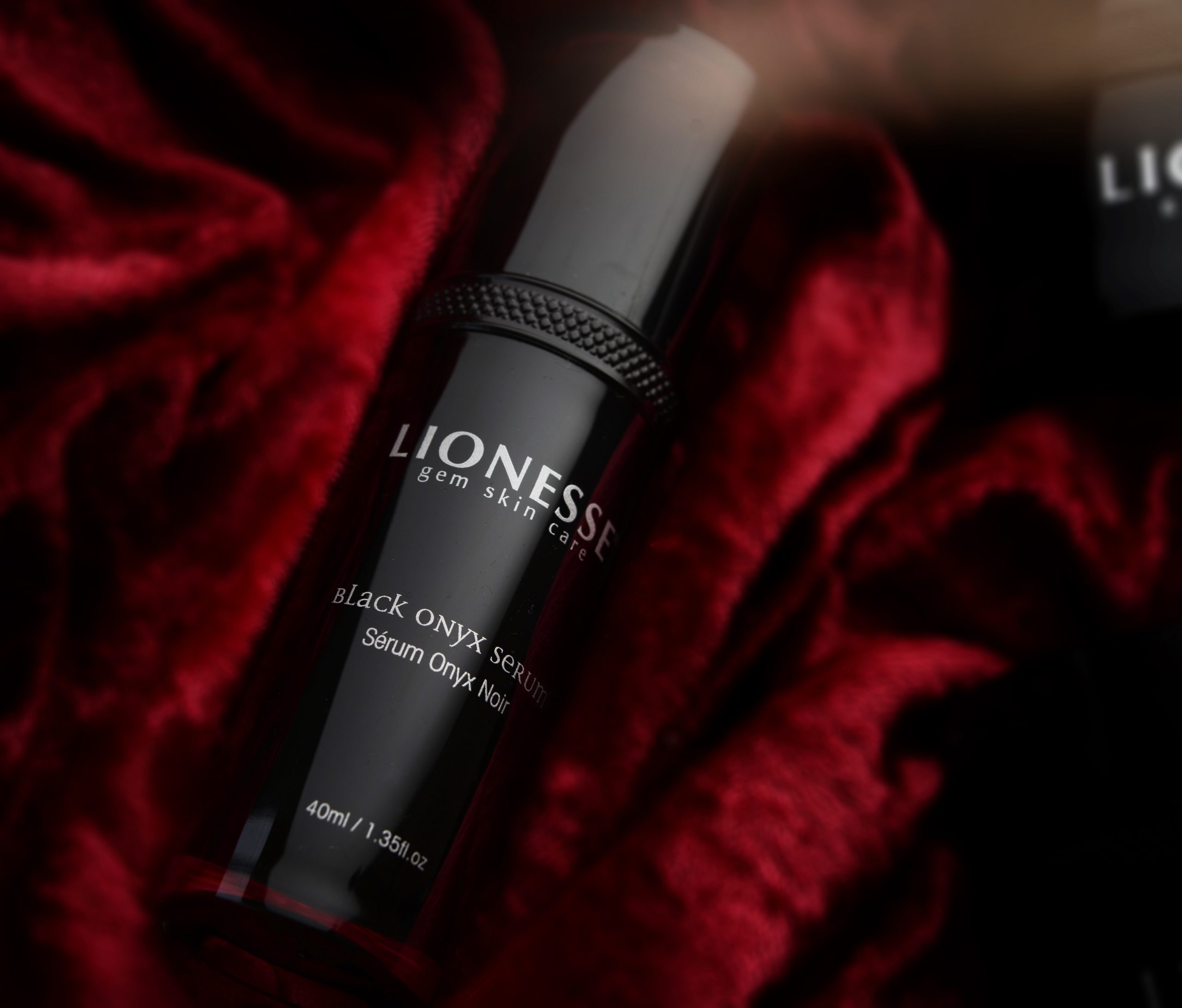
Another noteworthy ingredient to invest in if you have oily skin is vitamin A. Also referred to as retinoids, there are a few ingredients in this group. Each one consists of a slightly different version of vitamin A, with some being more potent than others. Whichever you pick, your skin will be able to benefit from this vitamin’s proven ability to make the skin feel less oily while reducing the appearance of acne lesions.
While you may want to opt for a high-percentage vitamin A product from the get-go, this wouldn’t be advisable. Vitamin A is known for how it can irritate and inflame the skin – the last thing you want if your oily skin is susceptible to acne.
So, start off gently with a derivative like retinyl palmitate. You’ll find it in several Lionesse skincare products, including the Black Onyx Serum. This formula also contains lactic acid, an alpha-hydroxy acid that will not only keep your pores feeling clear and clog-free but will also hydrate your skin.
Keep UV Rays Away From Your Skin
Want your skin to feel less oily? Then make sure that you’re protecting it from the sun. Exposure to UV rays activates the skin’s sebaceous glands. This encourages them to produce even more oil than they already were! Plus, the sun also dehydrates the skin. As you know, this increases oil production too, making time in the sun a double whammy for your complexion.
While that may be the case, many people with oily skin shy away from using sunscreens. Why? Because many consist of heavy and greasy textures that only clog up the pores. The good news is that not all sunscreens do this. Sure, it may take a little trial and error but find one that works well with your oily skin and that feeling of greasiness should start to die down as the weeks progress.
Turn to Blotting Papers for a Quick Fix
The steps that we’ve shared above will all help to give you some control over your oily skin. However, they do require some time to work.
What happens if you need an instant solution to a face that looks excessively shiny? This is where blotting papers can help. They’re made from a highly absorbent material, enabling them to ‘blot’ away any excess oil on the skin’s surface. While they won’t help with the oiliness in the long run, they’ll temporarily make your face look less shiny.
With that said, make sure that you switch to a fresh and clean sheet of blotting paper whenever the one you’re using starts to fill up with oil and debris. If you don’t, you’ll only be spreading all of the oil that you’ve just removed back onto your skin!
Consider Your Lifestyle Habits
Last but not least, let’s talk about your lifestyle. There are a number of lifestyle habits that can increase how oily the skin is. While topical skincare is undeniably useful, the products that you apply won’t be able to bring about any significant improvements if, at the same time, your lifestyle choices stimulate sebum production.
Here are the key areas to focus on:
- Diet – high-glycemic foods and beverages increase oil production and inflammation. Cow’s milk can have this effect too. Swap these foods for plates full of fresh and balanced meals instead.
- Stress – this triggers the release of a hormone called cortisol, which increases sebum production and inflammation.
- Sleep – not sleeping for long enough or getting only poor-quality sleep will increase the likelihood of acne developing on oily skin. It can also increase stress levels, triggering extra sebum production.
Caring for Oily Skin
With so many different factors contributing to oily skin, this can be a difficult skin type to work with. However, it’s more than possible to reduce how greasy your skin feels, so long as you’re following the right steps. Keep the above tips in mind, implementing all of them as soon as possible, and your skin should start to respond positively as a result.
Click here to pamper your oily skin with more bestselling skincare products from Lionesse.




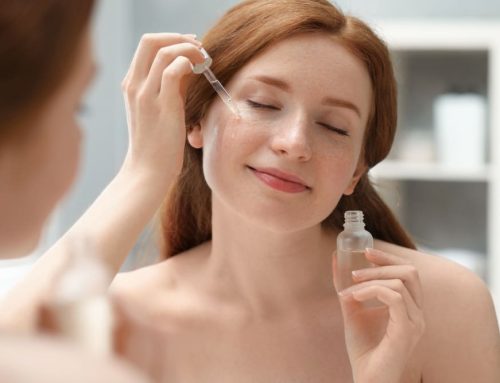

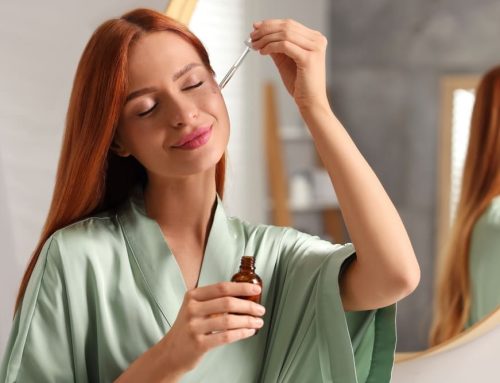
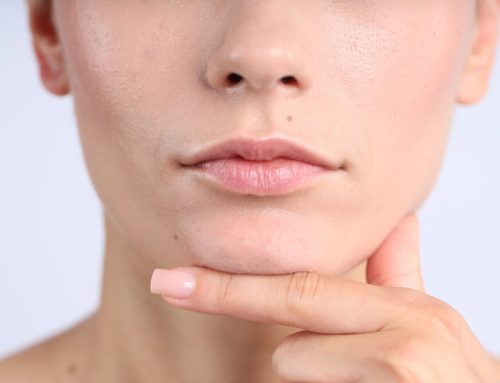

Leave A Comment